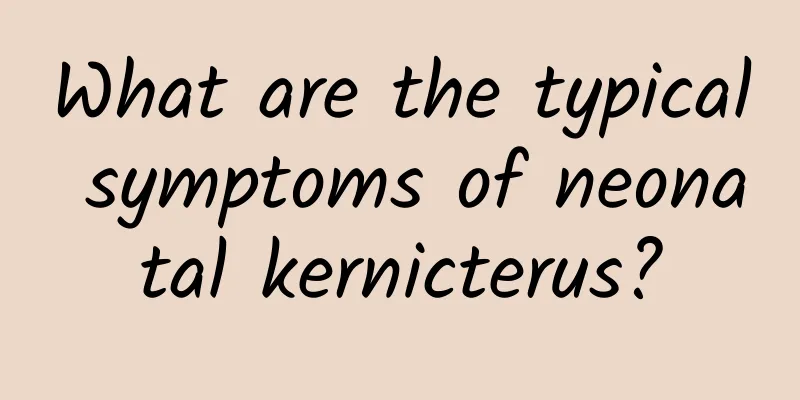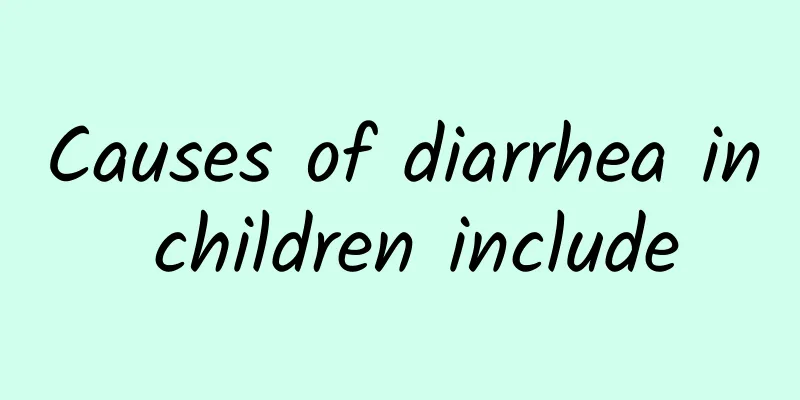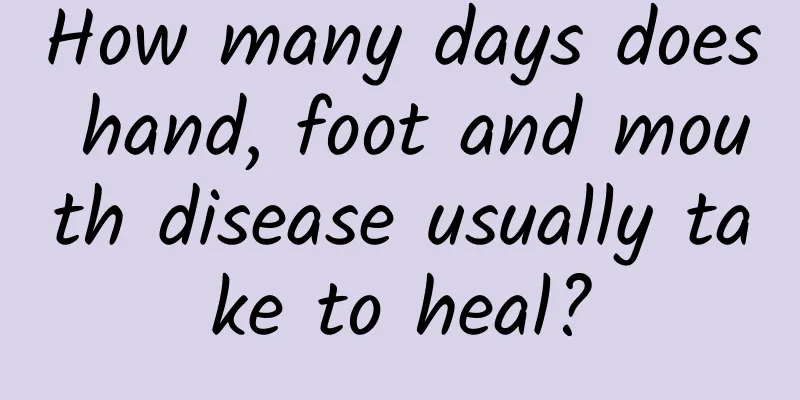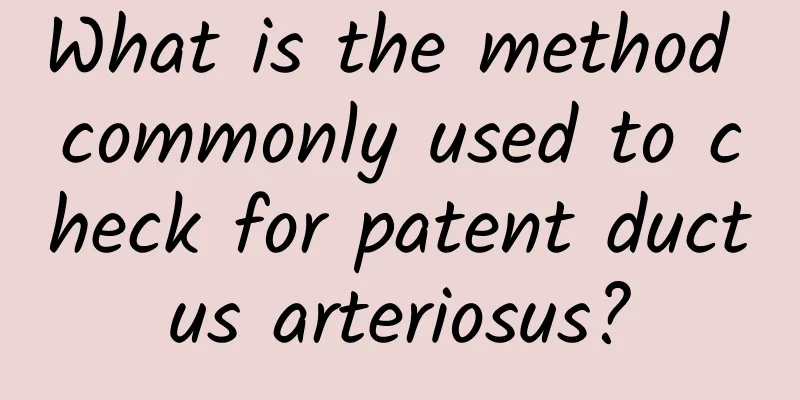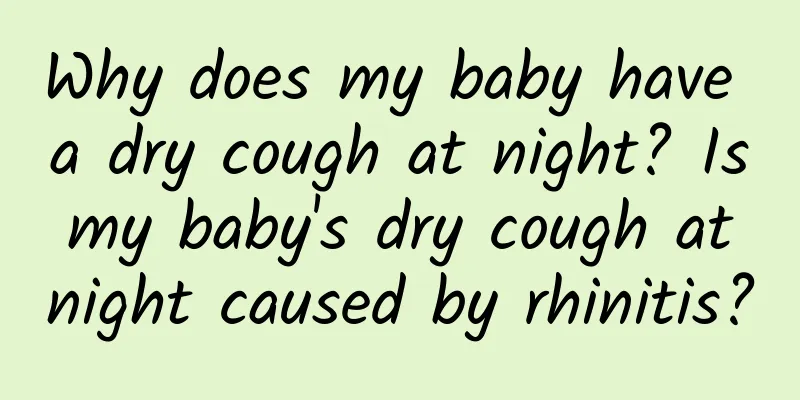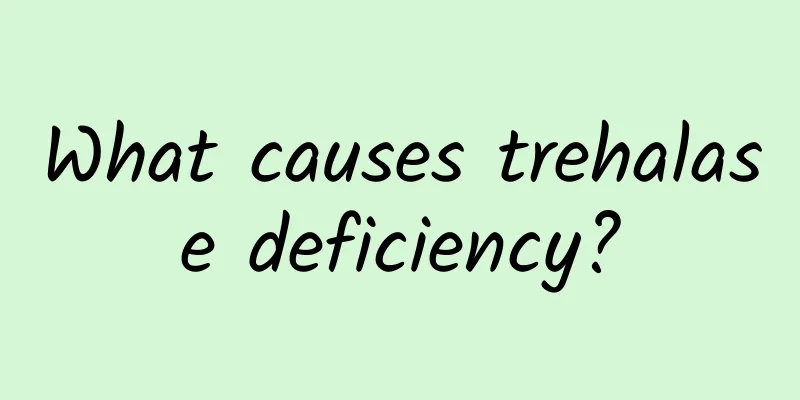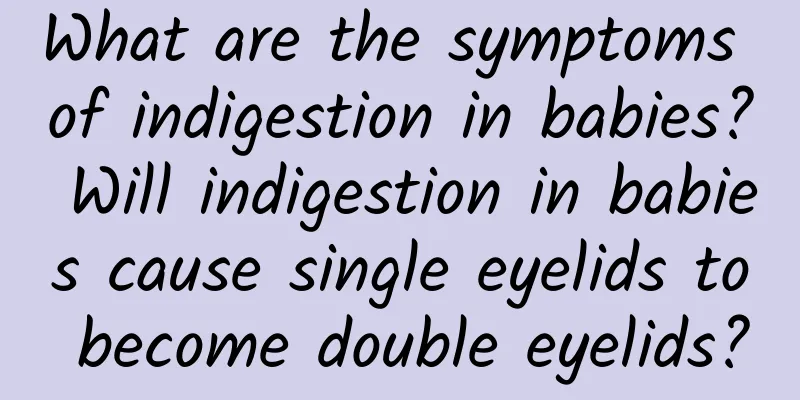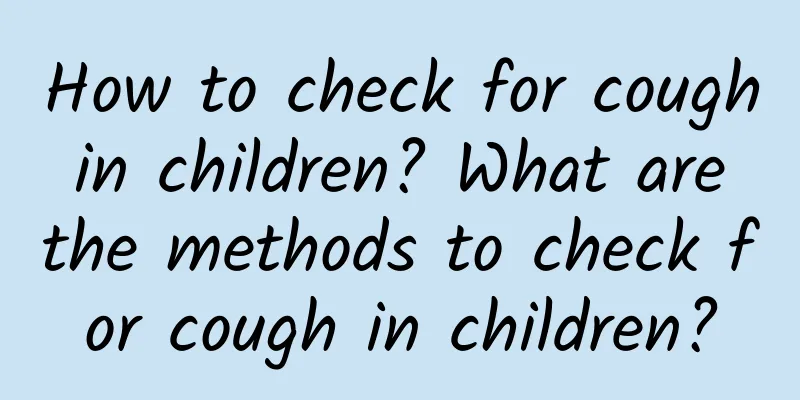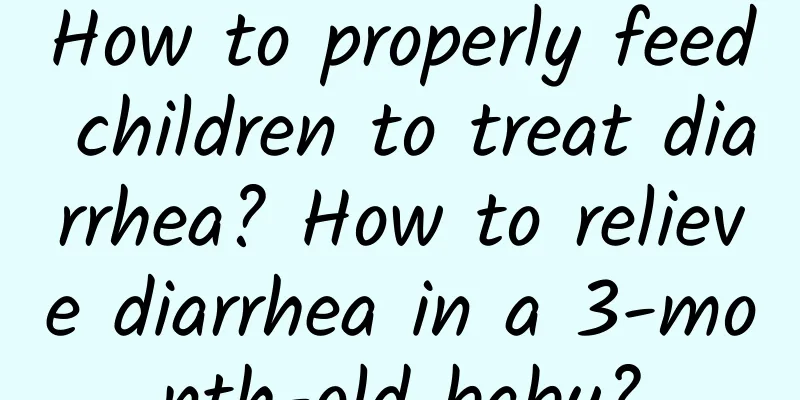How harmful is pneumonia in children?
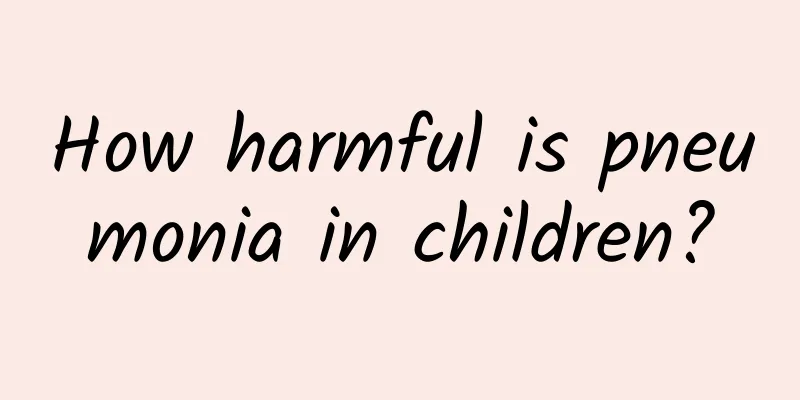
|
Pediatric pneumonia is a common disease in children. It is particularly harmful to the health of children and should be treated promptly. However, many parents find it difficult to distinguish between pediatric pneumonia and colds and ignore the severity of the disease, which leads to adverse consequences. So what are the dangers of pediatric pneumonia? Let us take a look at how serious the harm of pediatric pneumonia is. Pediatric pneumonia is the leading cause of death among hospitalized children in my country, and has been listed as one of the four pediatric diseases to be prevented and treated by the Ministry of Health. Severe pneumonia not only causes congestion, edema, and inflammatory cell infiltration in the lung tissue, resulting in damage to the respiratory system, but also leads to a disorder of the body's acid-base balance, damage to the digestive system, circulatory system, and even the nervous system, resulting in multiple organ damage and even life-threatening conditions in children. Clinical studies have found that the incidence of pediatric pneumonia is relatively high in two periods: one is infants who are weaned after one year old, and the other is children who enter kindergarten. In the former, after weaning, the immune substances from the mother gradually disappear, and the child's immune system is not yet mature, which is a period of physiological immune dysfunction. Therefore, when a child catches a cold, if the care and treatment are not appropriate, it is easy to get pneumonia. Severe pneumonia in children often leads to serious complications that endanger the life of the child. Children with severe pneumonia have obvious hypoxemia and/or hypercapnia, and their pathological and physiological changes directly or indirectly affect the cardiovascular function, and they may suffer from severe heart failure. Children with pneumonia and early stage of heart failure may show cyanosis, dyspnea, increased heart rate, flaring of the nasal wings, obvious concavity, irritability, lung sounds, and respiratory and/or metabolic acidosis. They should be closely observed during this period. Experts remind that if a child has a cold and the fever persists, the cough becomes increasingly severe, and the child appears to be seriously ill, the child should be sent to the hospital in time. The doctor can easily make a diagnosis of pneumonia based on clinical symptoms and lung auscultation, combined with chest X-ray examination. In short, pediatric pneumonia is very harmful to the health of children. In severe cases, it may be complicated by other diseases or even endanger the life of the child. Therefore, once a disease such as pediatric pneumonia occurs, parents should go to a regular hospital for examination in time and give their children effective treatment, so that the children can receive early treatment and recover early. Finally, I wish all babies good health! |
<<: The harm of pneumonia in children to the body
>>: Adverse effects of pneumonia in children
Recommend
Are the early symptoms of polio obvious?
The initial symptoms of polio may not be obvious,...
What should I do if my baby has eczema? How should I take care of my baby on a daily basis?
When babies have eczema, we usually use eczema oi...
How to treat Kawasaki disease with diet
How should Kawasaki disease be treated with diet?...
Which department should I go to for ADHD examination?
Children with ADHD usually need to be seen by a p...
What happens if women's hyperactive bladder is not treated?
If women with hyperactive bladder are not treated...
What is the cause of high jaundice in newborns?
What causes high jaundice in newborns? Hyperbilir...
What should children eat when they have a cough and phlegm? Eating more of these 6 foods can effectively treat children's cough and phlegm.
Children's cough and phlegm can be treated th...
What medicine should children take for fright? Two key points to know when taking medicine
Generally speaking, many mothers have encountered...
What are the causes of baby indigestion? Here are 6 tips to help your baby with indigestion.
The baby's digestive system is not yet mature...
What is the most effective way to treat pneumonia in children?
Now that we have entered autumn, pneumonia in chi...
What are the symptoms of post-polio syndrome?
We are all relatively familiar with the disease o...
What should I do if my baby can't digest the milk powder? How should I use medicine for my baby's indigestion?
Since the digestive system of infants and young c...
Should I stop breastfeeding if my baby has jaundice?
Generally speaking, if it is physiological jaundi...
What should I do if my baby has eczema? What food is better for my baby to eat if he has eczema?
If a baby has eczema, he or she will scratch it w...
Typical symptoms of diarrhea in children
Infants and young children are a vulnerable group...
